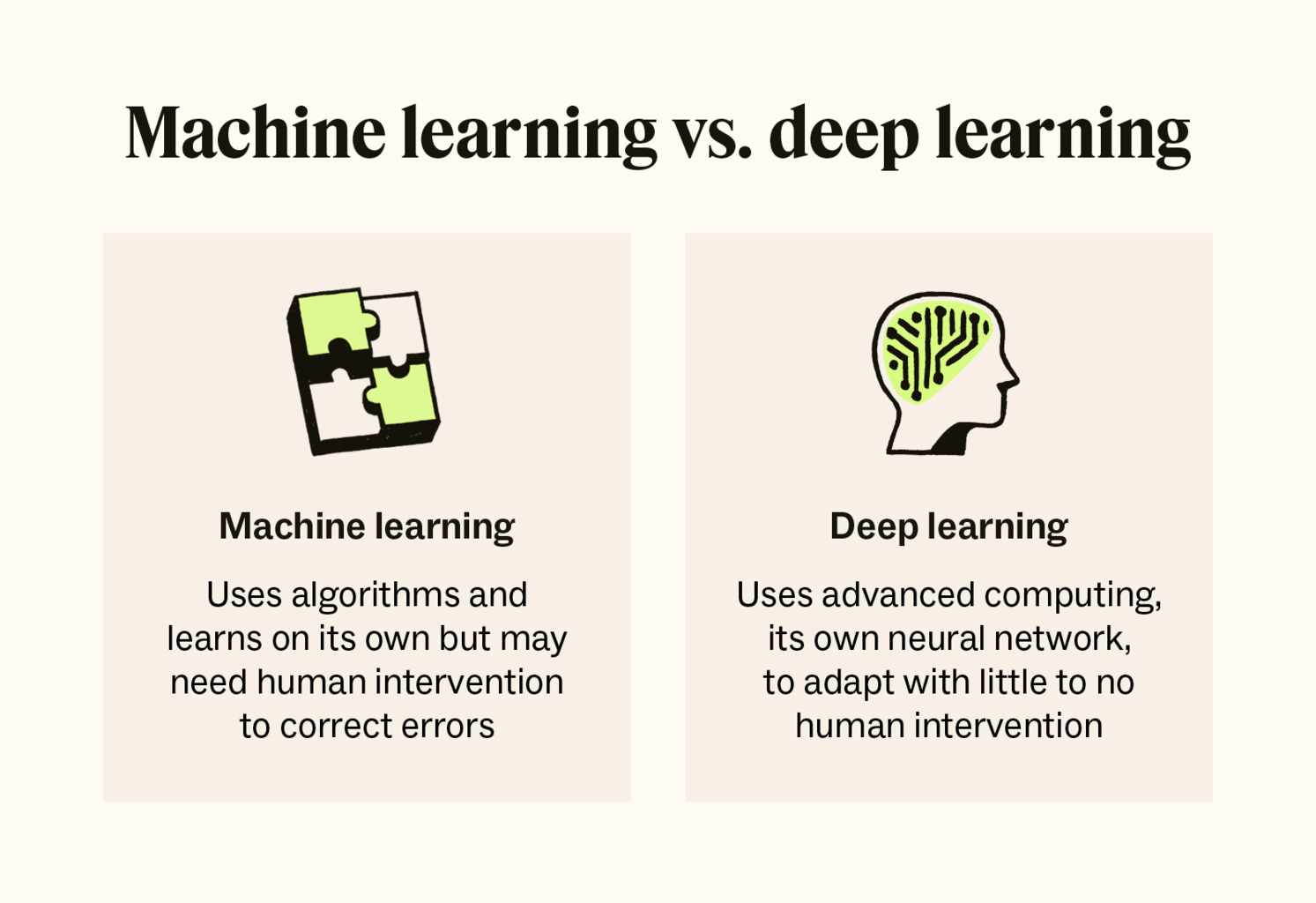Buzz Haven: Your Source for Trending Insights
Stay updated with the latest buzz in news, trends, and lifestyle.
Machine Learning: Where Computers Get Smarter Than Us
Discover how machine learning is redefining intelligence and surpassing human capabilities. Dive into the future of smart tech now!
Understanding the Basics of Machine Learning: How Computers Learn from Data
Machine Learning is a fascinating subset of artificial intelligence that focuses on the development of algorithms that allow computers to learn from and make predictions based on data. At its core, it enables computers to identify patterns, extract insights, and improve their performance over time without being explicitly programmed for specific tasks. The basic process of machine learning involves three main steps: collecting data, training a model on that data, and then using that model for predictions. As data is fed into the model, it learns to recognize the relationships within the data, gradually honing its accuracy through experience.
There are several types of machine learning, but they generally fall into three categories: supervised learning, unsupervised learning, and reinforcement learning.
- Supervised learning involves training the model on labeled data, where the outcome is known, allowing the model to make predictions on new, unseen data.
- Unsupervised learning, on the other hand, deals with unlabeled data and seeks to identify hidden patterns or structures within it.
- Lastly, reinforcement learning is a trial-and-error approach that rewards desired behaviors and/or punishes undesired ones, enabling the model to make a sequence of decisions to maximize its reward.

The Rise of AI: Are Machines Outperforming Humans in Everyday Tasks?
The rise of AI has sparked a debate about whether machines are outpacing humans in completing everyday tasks. From voice-activated assistants like Siri and Alexa to advanced algorithms that help with scheduling and navigation, artificial intelligence is increasingly integrated into our daily lives. The efficiency and speed of these technologies allow them to handle repetitive tasks, such as data entry or organizing schedules, far better than humans can. This has led some experts to argue that AI is not just a tool, but rather a potentially superior performer in specific domains.
However, despite the advantages of AI in speed and accuracy, there are many areas where human intuition and emotional intelligence cannot be replicated by machines. For example, tasks that require creativity, critical thinking, and interpersonal skills remain challenging for AI. A recent study noted that while machines can process information more rapidly, they often lack the ability to understand nuanced human emotions or the cultural context behind decisions. Furthermore, as we embrace these innovations, ethical considerations regarding privacy, bias, and job displacement also call for a balanced perspective on AI's role in society.
Ethical Implications of Machine Learning: What Happens When Computers Get Smarter?
The rise of machine learning has opened up a Pandora's box of ethical implications that society must now confront. As **computers become smarter**, they gain the capability to make decisions that were previously reserved for humans. This shift raises critical questions about accountability, bias, and privacy. For instance, when algorithms are trained on historical data, they may inadvertently perpetuate existing biases, leading to unfair treatment in areas such as hiring, criminal justice, and lending. What happens when machines make choices that affect our lives? The potential for discrimination based on race, gender, or socio-economic status must be addressed to ensure that as we embrace this technology, we also protect the rights of individuals.
Moreover, the ethical landscape becomes increasingly complex as **machine learning** systems are deployed in sensitive environments. Take, for example, autonomous vehicles, which rely on vast amounts of data and real-time decision-making algorithms. The question arises: who is responsible if an autonomous car is involved in an accident? These dilemmas necessitate a thorough examination of the moral frameworks surrounding **artificial intelligence**. As machines become more intelligent and autonomous, it is crucial to establish comprehensive guidelines that prioritize ethical considerations and enhance **transparency** in their operations, ensuring that we do not trade progress for moral oversight.